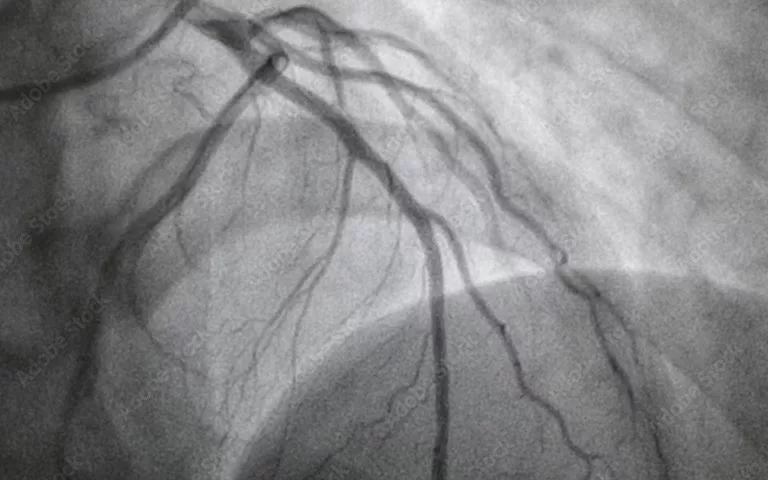Project Status: In progress
Project administered by: The University of Adelaide
Atherosclerosis is the build-up of cholesterol plaques inside blood vessels that cause heart attacks.
Macrophages are a type of cell that accumulate inside these plaques to make them grow.
This team is studying two different approaches to stop this build-up of cholesterol-rich macrophages in plaque to prevent heart attacks. One is the use of an anti-inflammatory, anti-gout drug called colchicine, and the other is to block a molecule called eukaryotic elongation factor 2 kinase (eEF2K).


